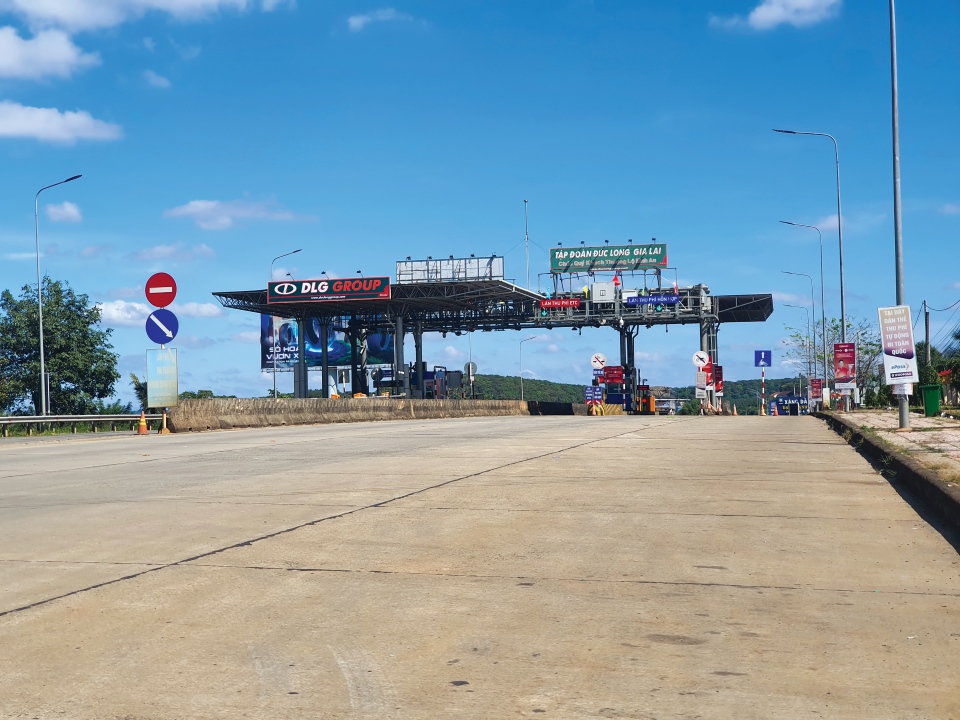The Ministry of Transport has proposed a plan for dealing with difficulties faced by eight BOT infrastructure projects by using VND10.65 trillion from the State budget. The rescue plan includes sharing the revenue shortfall compared to investors’ financial plans, terminating BOT contracts and buying back the projects. Is it reasonable, feasible, and compatible with regulations? In reality, during negotiations for signing and implementing BOT (build-operate-transfer) contracts, what always worries investors is the possibility of attaining lower-than-expected toll revenue. When the private sector makes financial arrangements to replace the state as the developer of infrastructure projects and thus bears risks, should the state compensate or share risks? Because this field lacks market competition, it is reasonable for investors to fear losses and financial setbacks. However, for the state, this is tough to find an answer either because if compensating for losses or sharing risks becomes a norm when transferring investment rights to the private sector, state agencies involved will have to report to the bodies that represent taxpayers. However, in the Law on Investment through Public-Private Partnerships (PPP), the state has stipulated commitments to investors regarding this issue. Accordingly, “when actual revenue is lower than 75% of revenue forecast in the […]
To rescue or not?
By Lawyer Nguyen Tien Lap









